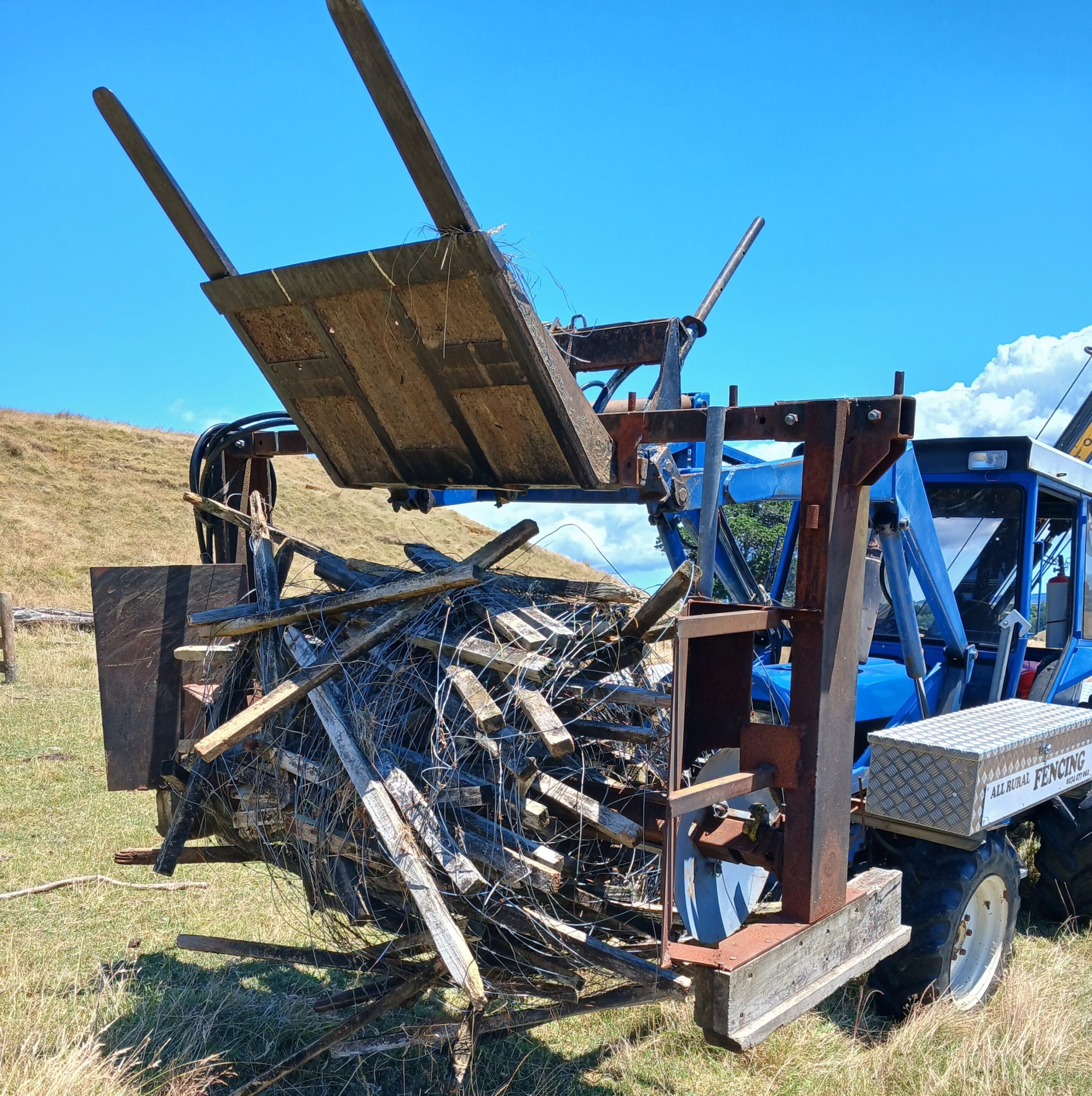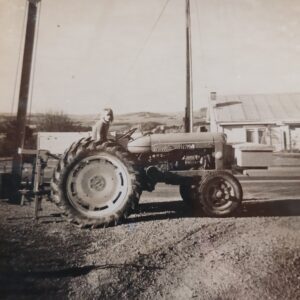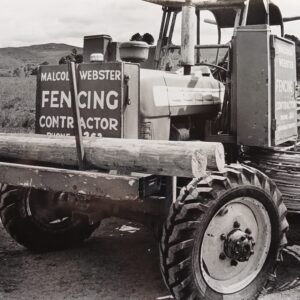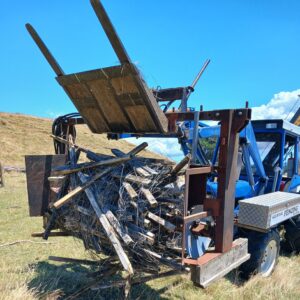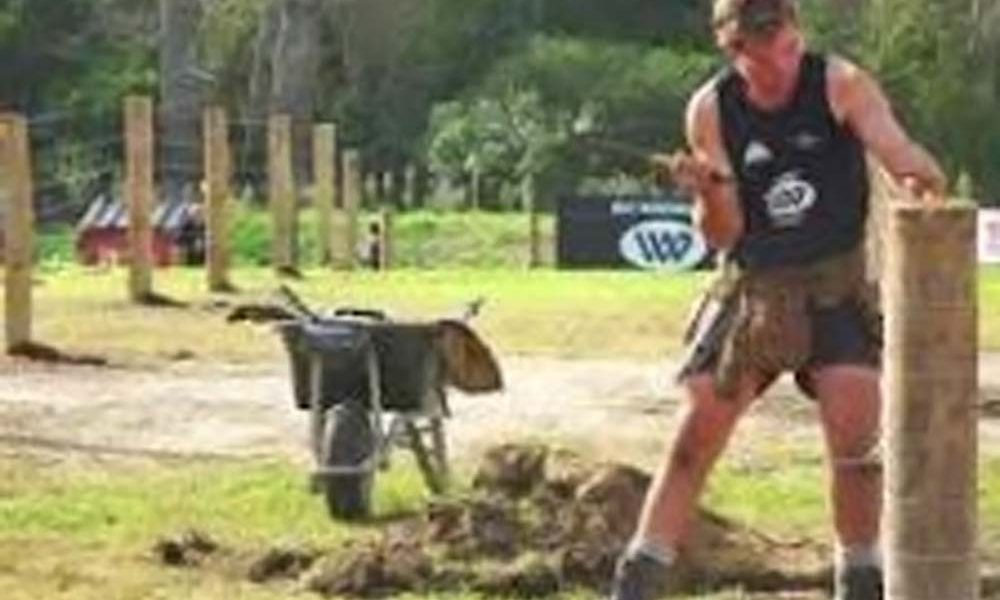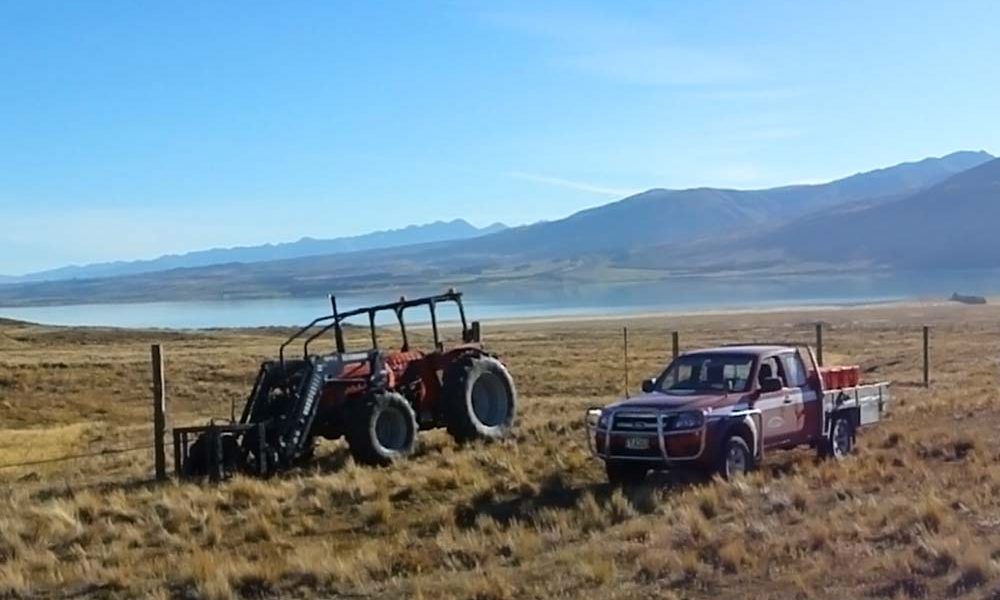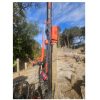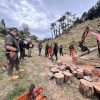
Struggling with stubborn farm gates while managing livestock, tools, or equipment is a familiar and frustrating challenge for New Zealand farmers.
Edgesmith Ltd, a renowned innovator in gate hardware and automation, is proud to unveil Cowstile – an advanced, rugged, and energy-efficient gate opener specifically designed to withstand the realities of rural life.
Experience the Cowstile difference at Fieldays 2025
Cowstile isn’t just another farm gate solution – it’s a quantum leap forward. Farmers, contractors, and rural landowners can witness Cowstile firsthand at the Fieldays Innovation Tent, Mystery Creek, from June 11–14, 2025. Edgesmith invites attendees to experience live demonstrations showcasing Cowstile’s groundbreaking capabilities.
Advanced engineering meets rural durability
Cowstile’s advanced cycloidal drive simultaneously engages approximately one-third (30%) of its gear lobes, significantly outperforming traditional planetary or worm gear systems typically found in gate automation products, which engage around 12% of the gear profile at any given time. As a result, Cowstile distributes operational forces across 157% more gear surface area, dramatically improving durability, shock resistance, and longevity.
Compact and efficient design
Cowstile’s advanced mechanical design incorporates a frameless, brushless motor, significantly improving energy efficiency and reliability. Eliminating friction-causing brushes allows Cowstile to operate with remarkable precision and power efficiency, perfectly suited for solar-powered setups, reducing energy consumption by up to five times compared to traditional brushed motors.
Safe, smart, and livestock-friendly
Addressing a common rural headache – curious animals damaging gate automation -Cowstile’s innovative mounting solution positions the mechanism safely atop the gate post. This design keeps critical components out of harm’s way, drastically minimizing damage from livestock. Plus, its flexible installation allows gates to swing in either direction and open to any angle, providing unmatched versatility.
Remote control across the whole farm
Powered by cutting-edge LoRa technology, Cowstile provides exceptional long-range connectivity, delivering control capabilities hundreds of metres beyond conventional systems. Farmers can manage gate operations conveniently from anywhere on their property – be it paddock-to-house or across expansive farmland. Additionally, Cowstile supports Bluetooth, Wi-Fi, and GPS, easily integrating into comprehensive smart farm management systems.
Designed by Kiwis, for Kiwis
The development of Cowstile is a testament to Edgesmith’s deep-rooted expertise in fencing, automation, and security solutions. Created through the collaborative efforts of a highly skilled local engineering team, Cowstile addresses key pain points faced by farmers: high costs, reliability concerns, and inadequate functionality of existing gate automation options.
Affordable automation
Setting a new standard in affordability and functionality, Cowstile is expected to retail significantly below the typical cost range of traditional European-made gate automation systems. This competitive pricing, combined with its superior performance, positions Cowstile as the ideal solution for widespread adoption across New Zealand farms.
Come See Cowstile in action
Don’t miss the opportunity to experience Cowstile firsthand at Fieldays 2025. Visit Edgesmith at the Innovation Tent from June 11-14 for live demonstrations, expert advice, and insights into how Cowstile can revolutionise your farming operations.
Edgesmith welcomes all FCANZ members, rural contractors, and enthusiasts to explore Cowstile – New Zealand’s next step toward smarter, more efficient, and hassle-free farming.
Supplied by:
Published in WIRED issue 77/June 2025 by Fencing Contractors Association NZ
You may also like: Introducing Ngaru Mesh: The ultimate solution for security and aesthetics
Read WIRED online
Follow us on Facebook
© Fencing Contractors Association NZ (FCANZ)

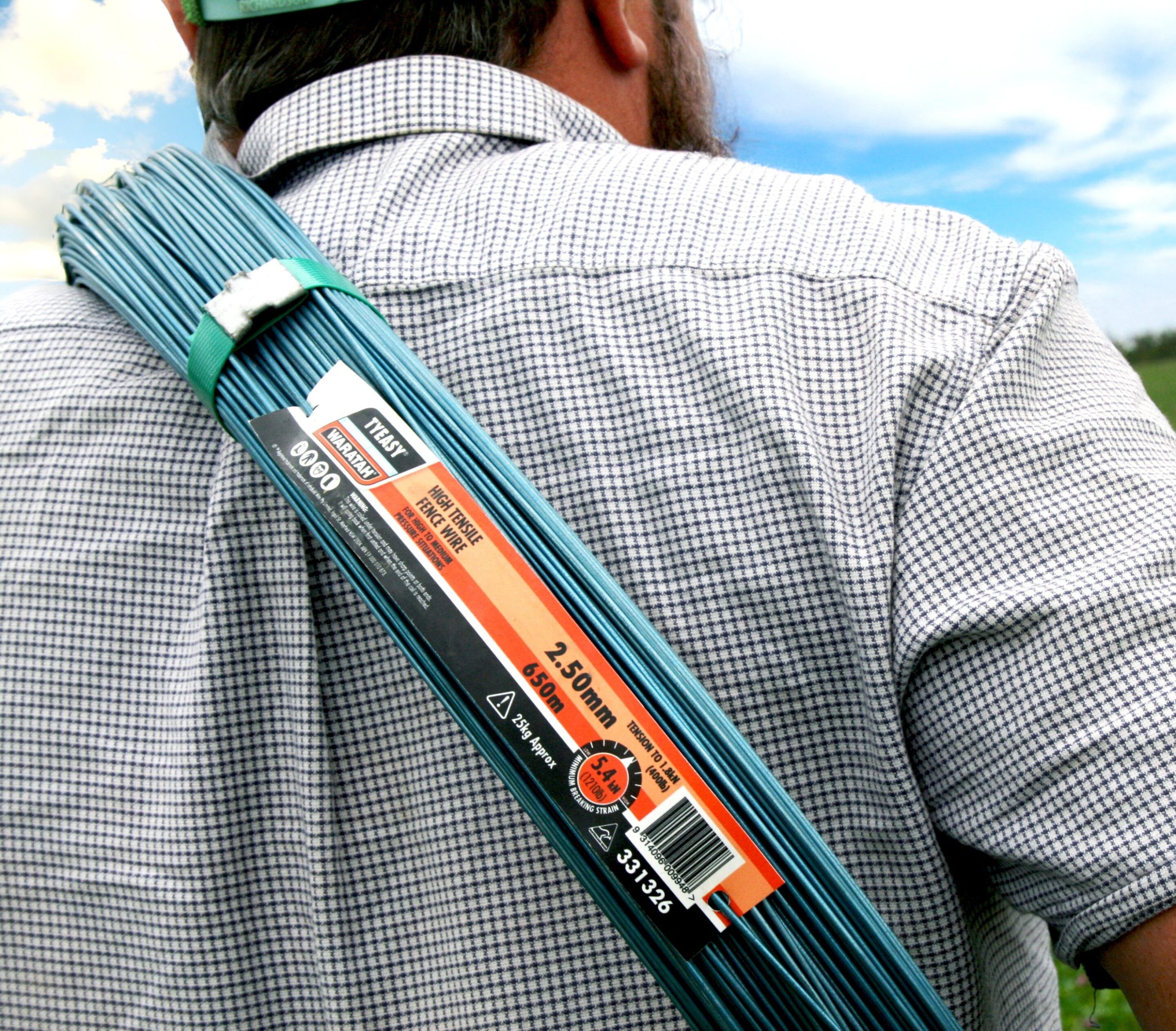










 chatted with the team about fencing and the need for it to be recognised as a trade, Chris had a lesson in tying termination knots from Nick, who was quite impressed with the Minister’s abilities.
chatted with the team about fencing and the need for it to be recognised as a trade, Chris had a lesson in tying termination knots from Nick, who was quite impressed with the Minister’s abilities.






